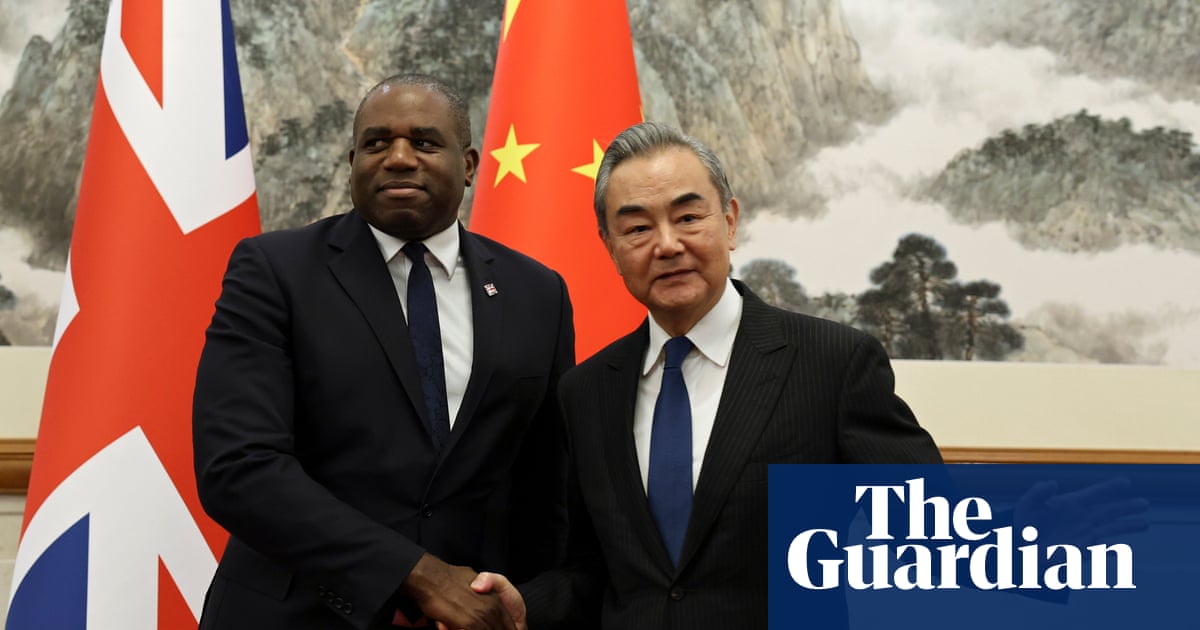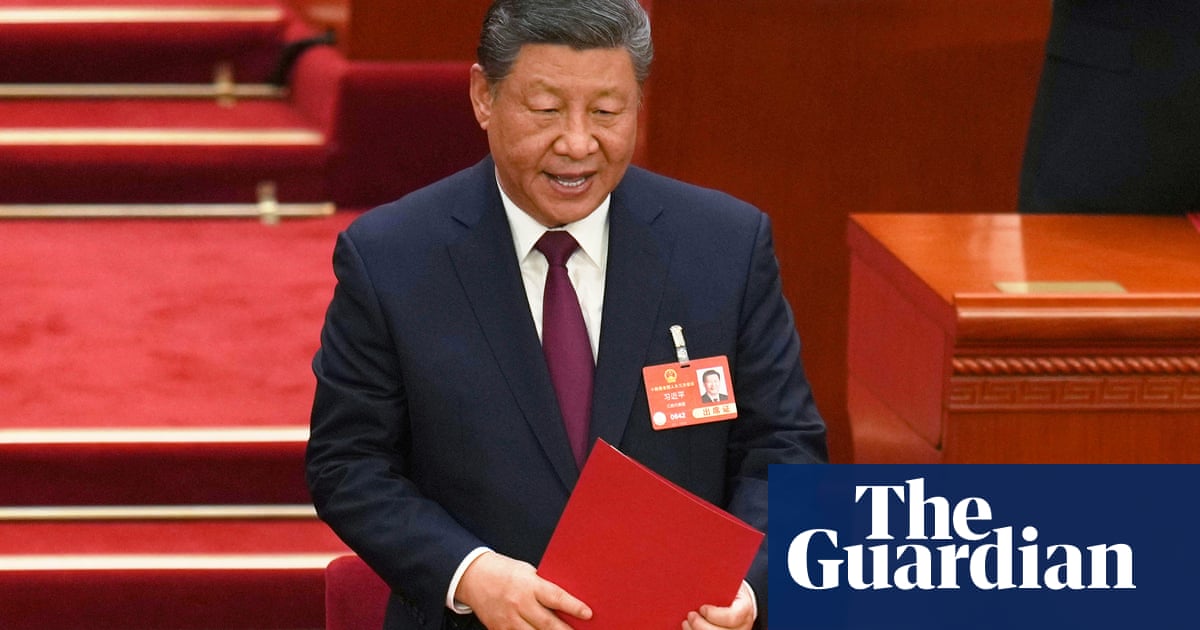Emergency legislation allowing the government to instruct companies to keep loss-making steel operations in England open, or face criminal penalties for their executives, were passed yesterday during an extraordinary sitting of parliament.
MPs and peers trooped into Westminster for a rare Saturday sitting after prime minister Keir Starmer and a small team of cabinet ministers decided on Friday morning that special powers were needed for the business secretary Jonathan Reynolds to prevent the imminent collapse of British Steel’s Scunthorpe steelworks, with the furnaces going out, and the loss of thousands of jobs.
The recall of parliament from its Easter recess, only the sixth Saturday sitting since the second world war, was ordered after negotiations with British Steel’s Chinese owners, Jingye, appeared to break down.
Opening Saturday’s debate, Reynolds said the government had been in talks with Jingye since it came to power last July and had offered “substantial” support. Most recently, Labour had offered to purchase the necessary raw materials for the blast furnaces, the last primary virgin steel-making facilities in the UK, but this had been met with a counter offer from Jingye demanding “an excessive amount” of support.
Reynolds continued: “Over the last few days, it became clear that the intention of Jingye was to refuse to purchase sufficient raw material to keep the blast furnaces running; in fact, their intention was to cancel and refuse to pay for existing orders. The company would therefore have irrevocably and unilaterally closed down primary steelmaking at British Steel.
“We could not, will not and never will stand idly by while heat seeps from the UK’s remaining blast furnaces without any planning, any due process or any respect for the consequences. And that is why I needed colleagues here today.”
Earlier, steelworkers at Scunthorpe blocked a group of Jingye executives who were trying to access parts of the plant on Saturday yesterday morning. Humberside police confirmed they attended the site and no arrests were made.

Starmer headed to Lincolnshire to meet steelworkers near Scunthorpe shortly after the bill passed the House of Commons unopposed, telling them: “You are the people who have kept this going. You and your colleagues for years have been the backbone of British Steel, and it’s really important that we recognise that.
“And I felt it was really important today, having been in parliament this morning, to come straight up here to see you face to face to have that discussion with you. This shouldn’t be a remote thing that’s happening down in Westminster, in parliament, it should be something that’s living and breathing. It’s your jobs, your lives, your communities, your families.”
Even some Conservatives spoke out in favour of the bill. Writing for the Observer online, the Tory MP for Brigg and Immingham, Martin Vickers, whose constituency includes parts of the Scunthorpe works, saidthat he and his constituents would back outright nationalisation even though his party has always opposed such a policy.
“The government must nationalise the industry, to give it breathing space, to attract new private-sector investment and to keep the jobs of those thousands of people. What we have heard from the secretary of state means that they are edging ever closer to full-scale nationalisation and if that is eventually proposed, they will have the full support of the local community and, as their representative, they can rely on my support.”
Shadow business secretary Andrew Griffith said that the government was seeking a “blank cheque”, while Tory leader Kemi Badenoch claimed Labour had “botched” a deal she had negotiated with British Steel while business secretary. She Badenoch was, however, unable to provide details of such a deal, saying negotiations were still ongoing when the last year’s election was called, but adding it “would have succeeded better” than Reynolds’s plan.
The legislation stops short of full nationalisation of British Steel, and ministers remain hopeful that they can secure private investment to save the plant. But there is currently no private company willing to invest in the firm meaning, as Reynolds conceded, that public ownership remained the “likely option”.

Richard Tice, deputy leader of Reform UK – which is hoping to win the contest for the first ever Lincolnshire mayor on 1 May – urged the government to “show your cojones” and go further by fully nationalising British Steel “this weekend”.
Liberal Democrat Treasury spokesperson Daisy Cooper said recalling parliament had been “absolutely the right thing to do”. But ministers were criticised for acting to save the Scunthorpe plant having not done the same when the Tata steelworks in Port Talbot were threatened with closure last year. Liberal Democrat Wales spokesperson David Chadwick said workers in south Wales “will be asking themselves how this unjust situation was ever allowed to occur”. Industry minister Sarah Jones said the different approach was due to Tata’s willingness to invest in Port Talbot, and the changed global circumstances making it necessary to protect the UK’s primary steel-making capacity.
Sangeeth Selvaraju, policy fellow at the Grantham Research Institute, London School of Economics, and an expert on the steel industry told the Observer that nationalisation, “while politically expedient, is not a long-term solution”.
He said: “Blast furnaces in the UK have been loss-making for the better part of a decade and been economically unviable due to competition from Chinese and Indian blast furnaces, along with rising energy costs in the UK.”
TUC general secretary Paul Nowak welcomed the bill but urged the government to go further.
He said: “Today’s announcement is the first step towards ensuring we can modernise and decarbonise steel-making in this country – reducing our reliance on foreign imports and ensuring we stay competitive on the global stage.
“But the government should not stop there. We need to ensure British Steel is used in British infrastructure projects to boost local economies up and down the country.
“That’s how you protect steelworkers’ jobs through the transition, and put UK steel-making on a firm footing for the future.”

.png) 21 hours ago
7
21 hours ago
7













































